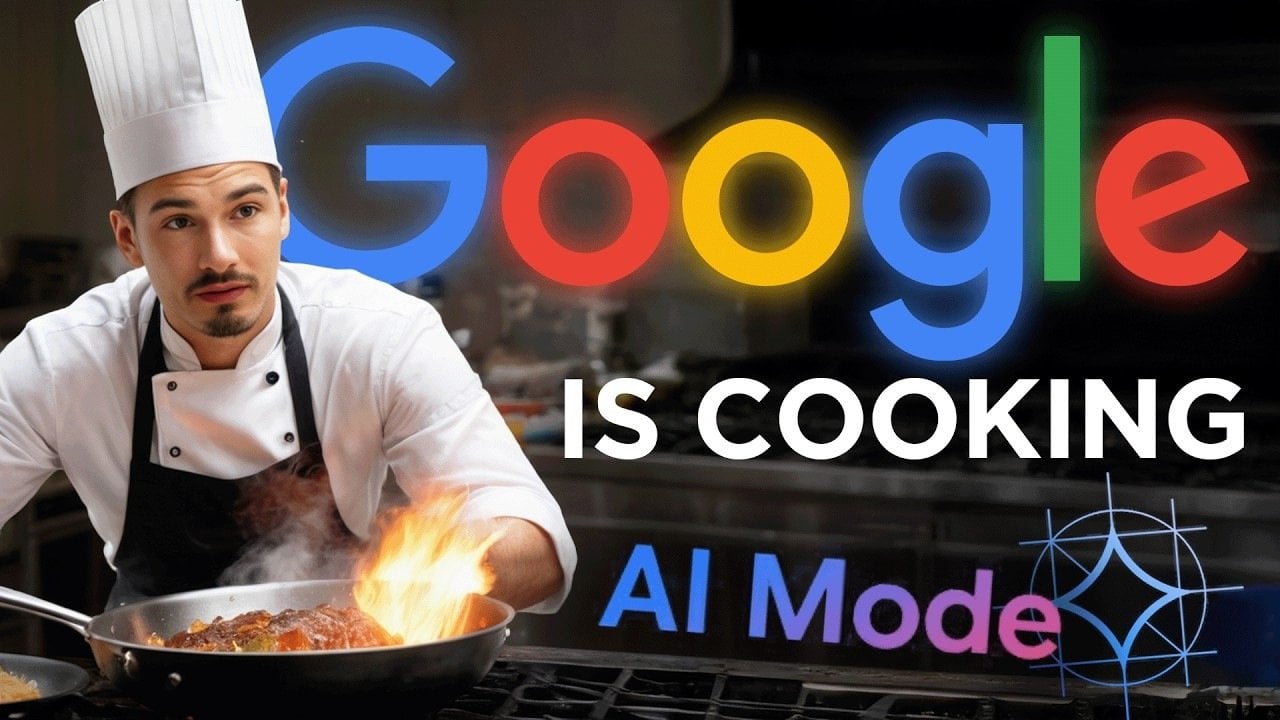Leading AI Trends: Google’s AI Studio and OpenAI’s Agents SDK

The Evolving Role of AI in Everyday Life
Artificial intelligence (AI) has transitioned from a mere buzzword to a vital tool in our daily activities, work, and creativity. It’s transforming industries by automating tasks and enhancing our workflows. Recent advancements from major tech companies, notably Google and OpenAI, illustrate the swift evolution of AI technology. These innovations not only promise better efficiency for developers and content creators but also provide insights for anyone curious about incorporating AI into their daily routines.
However, with the rapid pace of changes in AI technology, many people may feel overwhelmed trying to keep up. What can these new tools like Google’s AI Studio and OpenAI’s Agents SDK offer? In this article, we’ll break down the latest trends, tools, and applications that make AI more user-friendly and impactful for various needs.
Key AI Developments of March 2025
Key Takeaways:
- Google has released advanced tools such as AI Studio with multimodal capabilities and YouTube video summarization, enhancing user accessibility.
- OpenAI’s new Responses API and Agents SDK streamline workflows, allowing multi-agent automation and improved capabilities for ChatGPT.
- New competitors and open-source platforms like Manus AI and Owl are diversifying the AI landscape with innovative, customizable solutions.
- Current trends include unified AI platforms, efficient hardware models, and workflows that automate complex tasks.
- The application of AI is expanding into creative fields and technical tasks, enhancing productivity and creativity.
Google’s Advancements in AI Tools
Google remains at the forefront of AI development by improving user experiences through innovative features. The latest update to AI Studio includes multimodal capabilities, which allow users to generate and edit images via intuitive chat-like interfaces. This advancement simplifies creative processes and helps individuals transform their ideas into visual content. Additionally, YouTube’s new video summarization feature helps creators and viewers by providing concise overviews of video content, streamlining analysis.
Google has also introduced an “AI Mode” tab to its search function, offering a more interactive experience. This new feature enhances user engagement with search results, similar to other interactive tools available on the market. Alongside these updates is the rollout of the Gemini 1.5 model, which prioritizes efficiency by delivering robust performance while minimizing computing power needs. This makes advanced AI technology accessible to users on standard devices.
OpenAI’s Innovative Features
OpenAI is broadening the scope of what AI can achieve with its new Responses API, integrating tasks like internet searches and file uploads into a single interface. This integration aims to boost productivity and simplify complex processes for developers and businesses alike.
Another significant tool is the Agents SDK, enabling the creation of multi-agent workflows that can automate intricate tasks, such as generating invoices or managing emails across various platforms. OpenAI has also enhanced ChatGPT, adding features like integrated development environment (IDE) support, which allows users to write code seamlessly. By providing versatile tools for creative writing and programming, OpenAI strengthens its role as a key player in AI innovation.
New Competitors and AI Frameworks
The rise of new AI tools and competitors is noticeably changing the AI landscape. For instance, Manus AI, a developing framework from China, offers capabilities akin to existing systems like Operator while lacking integration with online accounts, which may affect its adoption. Meanwhile, emerging open-source tools like Owl are gaining popularity, as they allow users to customize AI solutions according to their unique requirements, promoting both innovation and collaboration.
In communication, innovations such as Tavos Doio aim to create more personable chatbot interactions, showcasing a trend towards enhancing human-like engagement in AI systems.
Trends Shaping the Future of AI
Several noteworthy trends are emerging in the AI industry:
- Unified Platforms: More AI functionalities are appearing on integrated platforms, making them easier to use for both individuals and businesses.
- Efficient Models: Development of smaller, hardware-efficient AI models allows these technologies to run on everyday consumer devices.
- Automated Workflows: The prevalence of agentic workflows is growing, simplifying complex tasks in areas like finance and content management.
Creative and Specialized Applications of AI
AI technology is being utilized increasingly in both creative and technical fields. In creative writing, generative AI models produce high-quality, human-readable text that aids writers and marketers in their work. This not only speeds up production times but also maintains high-quality standards.
For programming, AI-driven coding tools are becoming invaluable. Their integration into coding environments allows developers to write and debug code efficiently, reducing errors and accelerating project timelines.
Available Learning Resources for AI
A plethora of resources are now available to help individuals stay informed and enhance their understanding of AI:
- Newsletters: Regular updates on the latest advancements in AI.
- Online Courses: Structured programs that cater to various skill levels.
- Community Memberships: Joining AI-focused communities fosters collaboration and knowledge-sharing.
Consumer-Centric AI Products
Consumer AI tools are becoming more common, providing solutions for tasks like personal organization and communication. These products focus on user-friendly design, making them accessible for everyone, regardless of technical expertise. This trend highlights the commitment to integrating AI into daily life seamlessly.
The ongoing competition among leading players and open-source initiatives continues to drive innovation, ensuring that AI technologies remain adaptable to user needs while balancing usability and advanced features.





